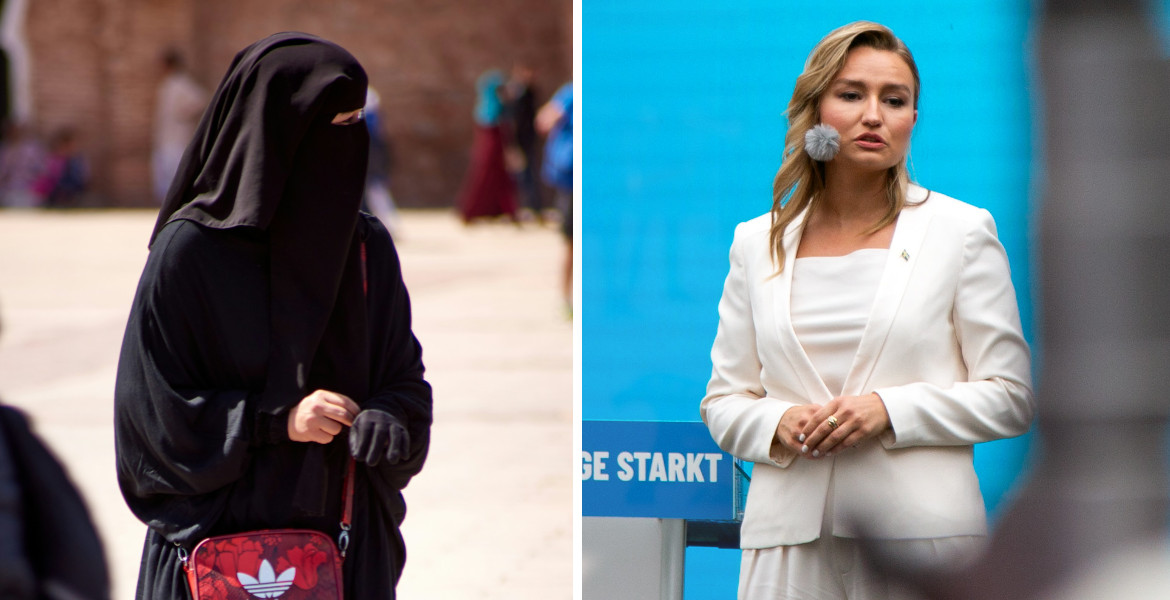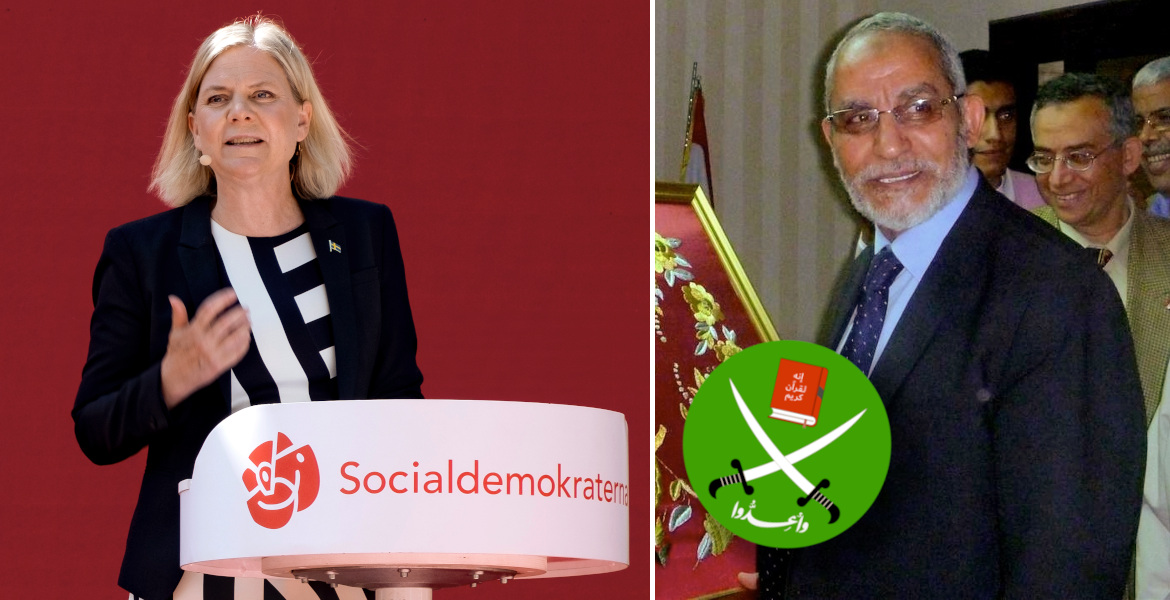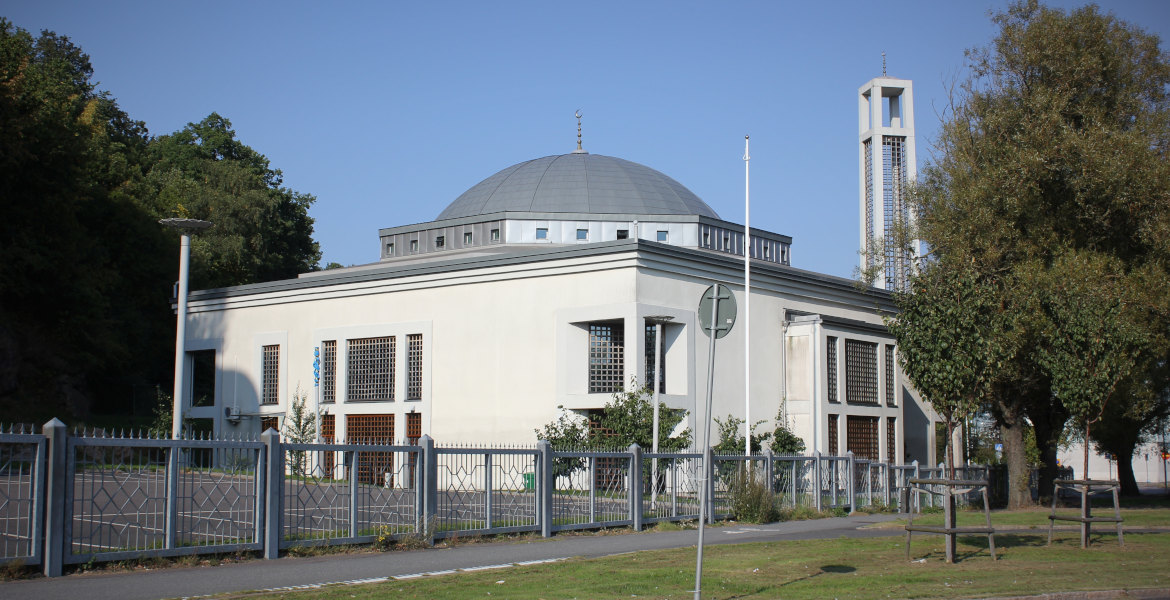A new French report warns that the Muslim Brotherhood, a movement known for its radical interpretation of Islam and its grand political ambitions, has even greater influence in the Western world than previously known – and Sweden is singled out as particularly infiltrated.
The Islamist movement is said to have particularly strong ties to the Social Democrats – but the party itself strongly denies that this is the case.
Magnus Ranstorp, a terrorism researcher and critic of Islam who is frequently quoted in the media, believes that the Muslim Brotherhood's influence risks damaging Swedish democracy and that the Islamist group's values are completely incompatible with those of Sweden.
– It goes against our religion, which is the rule of law, respect for human rights and freedoms, and above all women's rights and equality, Ranstorp said on Swedish TV4's Efter fem program.
The government report reveals that the Muslim Brotherhood controls at least 200 mosques in France and has infiltrated both schools and sports activities. The movement, which seeks to establish an Islamist society, is believed to have spread its influence to over 70 countries, including Sweden.
According to the report, Sweden serves as a base for an active part of the movement, and Ranstorp points out how individuals linked to the Brotherhood have positioned themselves as intermediaries between authorities and Muslim organizations.
– They do this by obtaining funding from municipalities and other government agencies, which allows them to gain power and facilitate the process of trying to segregate society.
– The Muslim Brotherhood in particular can be a breeding ground for radicalization. They build a ‘us and them’ society, he says.
S: "Could be based on old information"
Sweden's largest party, the Social Democrats, is also said to have particularly close ties to the Muslim Brotherhood, something they themselves deny.
"There is no connection. It could be based on old information. We are looking into what this report might be based on", writes the Social Democrats' press service in a comment.
The same message was echoed by the party’s press secretary Tobias Baudin, who claimed that the Social Democrats "have zero tolerance for ties with extremist organizations".
– That policy is crystal clear within our party, they claim.
However, it recently emerged that Social Democrat MP Jamal El-Haj attended a conference organized by the Palestinian Islamist group Hamas and personally tried to influence the Migration Agency with the aim of getting a radical Egyptian imam to stay in Sweden. He was subsequently asked to leave the party.
Government demands Social Democrats to investigate themselves
Moderate Party Migration Minister Maria Malmer Stenergard says it is "deeply concerning" that Sweden is being singled out as a stronghold for radical Islamists – and that the Social Democrats are said to have particularly strong ties to the group.
However, her solution is not an external and independent investigation – instead, she suggests that the party itself investigate whether or not it has been infiltrated by the Muslim Brotherhood.
"The Social Democrats must conduct a thorough investigation into this information. Referring to the fact that it may be based on old information gives strong grounds for suspicion. This is about Sweden's security – we cannot be this lax", she writes on X.





